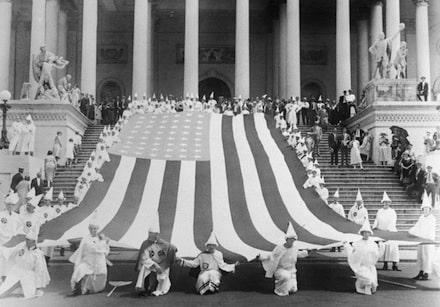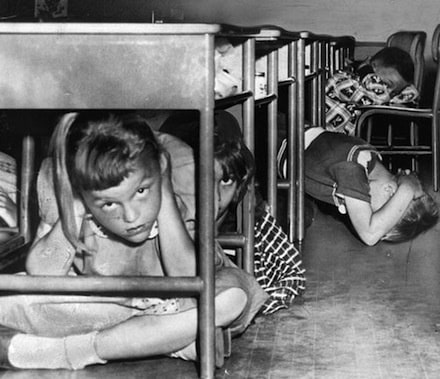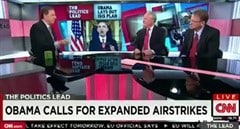The humanoid collective is in an unforgiving snit over the refusal of NFL quarterback, Colin Kaepernick, to stand for the playing of the national anthem. For a society that was once grounded in a greater tolerance for individual values and preferences, this reaction...





